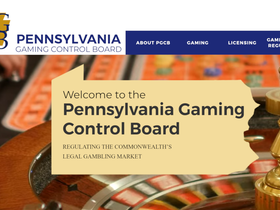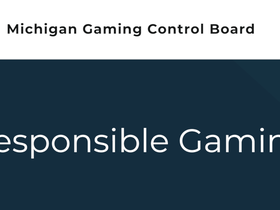The standards were put in place to protect Ontarians from potential harms while ensuring game integrity and fairness.
Provincial regulators levied fines totaling $75,000 CAD (about $51,400 USD) to three Ontario online casino operators for allegedly violating its gaming integrity standards by offering uncertified slots to players.
Last month, the Alcohol and Gaming Commission of Ontario (AGCO) alleged that Bunchberry Limited, LeoVegas Gaming, and Mobile Incorporated Limited had provided slots on their Ontario-facing sites that its registrar had not previously approved. The slots had also not been certified by an independent testing laboratory (ITL) registered by the registrar.
The AGCO further alleged that the uncertified games that Mobile Incorporated Limited, aka Mobinc, had offered to players in the province were provided by suppliers that were also not registered with the regulator.
“The standards were put in place to protect Ontarians from potential harms while ensuring game integrity and fairness,” AGCO said. “They include clear requirements for operators and gaming-related suppliers to cease all unregulated activities and to only provide games that have been certified by an AGCO-registered ITL against the standards in order to participate in Ontario’s regulated open iGaming market.”
Bunchberry is the facilitator for the ComeOn online casino in Ontario, while Mobinc owns and operates Conquestador Casino Ontario. LeoVegas runs an eponymously-named online casino in the province.
“The AGCO holds all registered operators to high standards of responsible gambling, player protection, and game integrity and monitors their activities in the interest of Ontarians,” said Tom Mungham, who serves as CEO and registrar for the regulator.
“A critical feature of our regulatory framework requires operators to only offer games that are from registered gaming suppliers and have been certified by an AGCO-registered independent testing laboratory to meet the highest standards of game integrity. Ontarians who choose to play on registered sites need the assurance that the games being provided meet these requirements.”
The AGCO alleged that all three operators had violated Standard 4.08, which articulates that “all iGaming games, random number generators, and components of iGaming systems that accept, process, determine outcome of, display, and log details about player bets, including any subsequent modifications, must either be approved by the registrar or certified by an independent testing laboratory registered by the registrar.”
Under Standard 4.09, operators must ensure that “gaming systems and gaming supplies [are] provided, installed, configured, maintained, repaired, stored, and operated in a way that ensures the integrity, safety, and security of the gaming supplies and systems.” All three operators had allegedly violated Standard 4.09, according to AGCO.
Mobinc had also allegedly run afoul of Standard 1.22. It states that operators and their suppliers “must cease all unregulated activities” if such activities require registration under Ontario’s Gaming Control Act, first enacted in 1992.
The regulator ultimately decided to issue a $30,000 CAD fine (about $22,000 USD) to Mobinc for violating the three standards. Meanwhile, LeoVegas was fined $25,000 CAD (about $18,350 USD), and Bunchberry was ordered to pay $15,000 CAD ($11,000 USD).
Lalit Aggarwal, chair of the AGCO Board of Directors, announced last month that Mungham plans to retire as CEO and registrar sometime this fall. Mungham joined the regulator in 2006.




